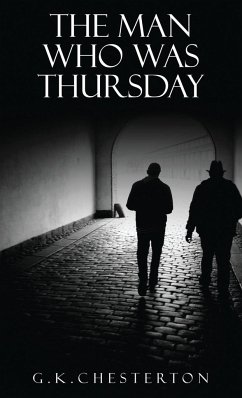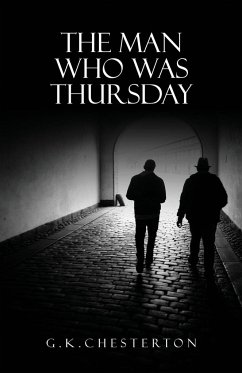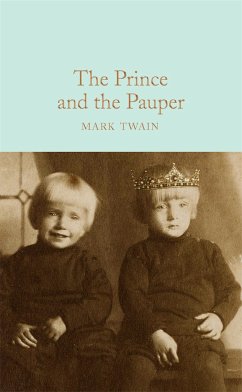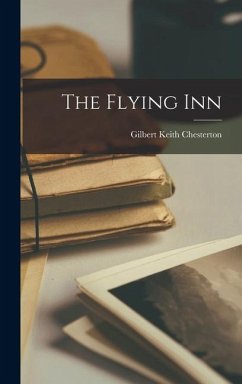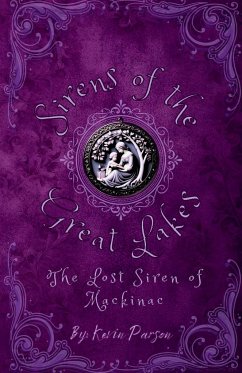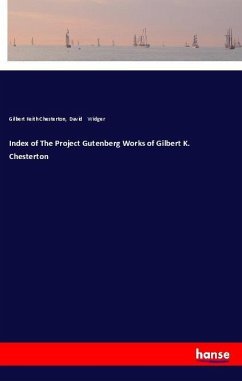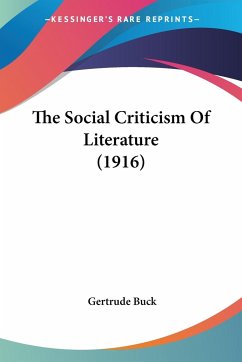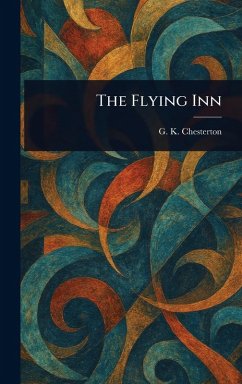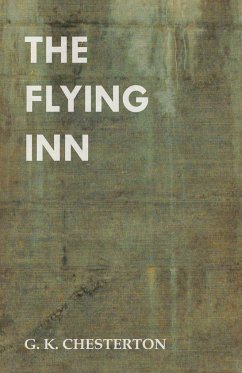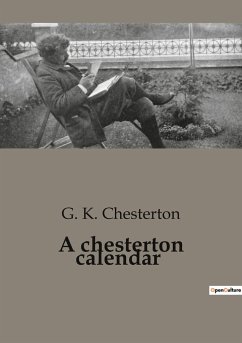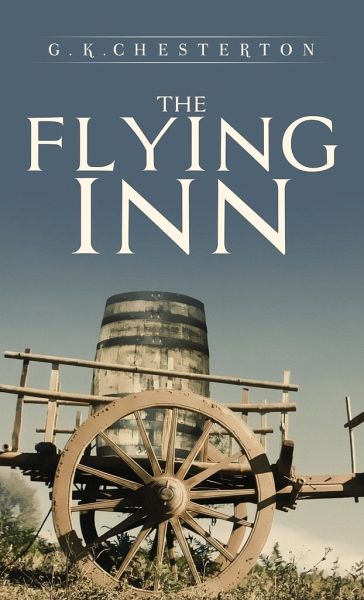
The Flying Inn
Versandkostenfrei!
Versandfertig in 1-2 Wochen
21,99 €
inkl. MwSt.

PAYBACK Punkte
11 °P sammeln!
Chesterton's The Flying Inn is a story of adventure that will capture both new readers and old fans. In this England, a "progressive" political party has pushed in a new prohibition era, where the rich can buy alcohol at a steep price for "medicinal" reasons. These restrictions leave a pub owner named Humphrey Pump empty handed. He comes up with a plan: he roams the country with a donkey-pulled cart, affectionately named "The Flying Inn", with his friend Captain Partick Dalroy. With clever tactics, they are able to exploit various loopholes in the new law to avoid being arrested during Prohibi...
Chesterton's The Flying Inn is a story of adventure that will capture both new readers and old fans. In this England, a "progressive" political party has pushed in a new prohibition era, where the rich can buy alcohol at a steep price for "medicinal" reasons. These restrictions leave a pub owner named Humphrey Pump empty handed. He comes up with a plan: he roams the country with a donkey-pulled cart, affectionately named "The Flying Inn", with his friend Captain Partick Dalroy. With clever tactics, they are able to exploit various loopholes in the new law to avoid being arrested during Prohibition. Chesterton’s magical storytelling, coupled with his criticism of 20th century classism and politics, makes The Flying Inn much more than a simple tale of friendship and adventure. With poems and songs that come from the Temperance movement and characters that will have you rolling with laughter, The Flying Inn is the perfect novel for those who want a lighthearted, entertaining read that questions the boundaries of the Victorian era classes.





